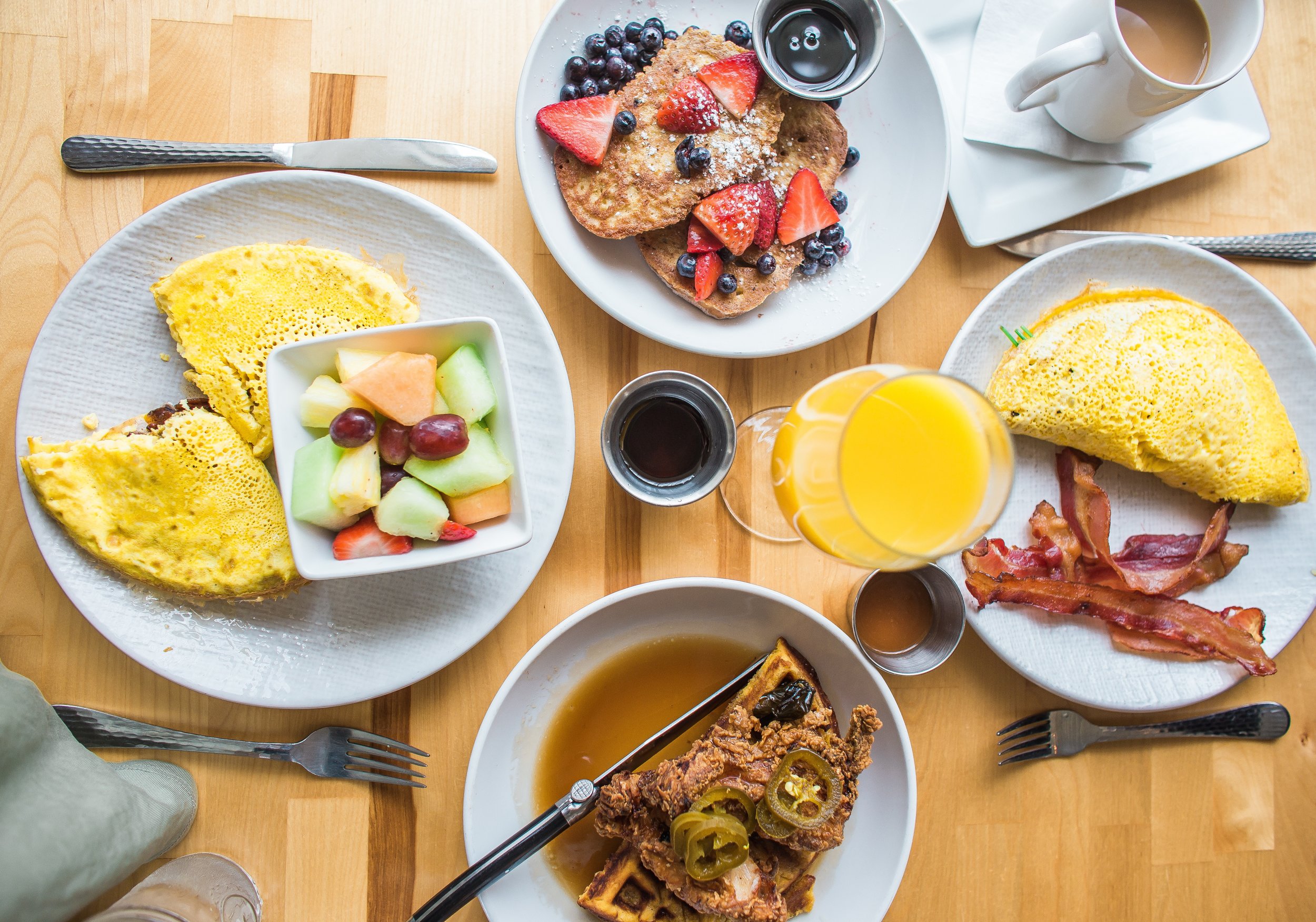3 BIG Questions (we always get asked)
❓ 3 BIG QUESTIONS ❓
It’s funny, being in the Fitness Industry people always assume (and hope) we have the answers to their diet and exercise frustrations.
We can indeed and do help many people overcome their struggles but unfortunately there is no one size fits all answer and many problems have many answers.
What we can help to answer today though, is some of the most common meal frequency/food timing questions we’ve gotten recently…
👉🏻Should I skip Breakfast?
👉🏻Should I drink Protein shakes?
👉🏻Should I have Carbs before training?
#1 Should I skip breakfast?
One of the BIG questions we get asked and for good reason as there’s so much conflicting advice out there to suggest yes and no.
So which is correct? Well…
You don’t HAVE to skip breakfast but if you’re someone who feels rushed in the morning, doesn’t feel like eating first thing or needs to recuse calories somewhere across their day then we’d usually recommend pushing it back a few hours.
Why not wake up, have some water, get stuff done to make your day flow well from the off, maybe drink some coffee, then have your first meal anywhere from 2-6 hours later.
If you’re not hungry, don’t eat.
If you’re hungry, then eat. Keep it pretty simple but don’t stress about it.
Intermittent fasting is basically setting yourself an ‘eating window’ for example a popular one is 12pm to 8pm, and eat all your meals and snacks in those hours.
That way, you’re not technically skipping breakfast, just pushing breakfast back until lunchtime.
And by the evening you may not want to eat the remainder of your calories so this approach can help if overeating in the morning is a problem.
Or if evening snacking is your downfall, at least you’ve ‘budgeted’ calories throughout the day to compensate for this and hopefully stay under your daily targets.
#2 Should I drink protein shakes?
This is once again, up to you.
There are many supplement companies telling us you need supplements such as Protein shakes within your diet and we do include them in our - but the truth is you don’t need anything other than basic, whole foods to make up 90% of your diet.
However, Protein shakes (and bars) have their place for sure. These can be quick, cheap gap fillers in your day that ensure you stay fuller for longer between meals or provide that well earned protein your body needs to repair and recover from training.
Thing is…you certainly don’t have to if you can get enough of your protein from real food.
But most people don’t know what a decent protein portion is in ‘real food’ terms (hint: 2slices or ham in a sarnie does NOT = a protein serving), so these supplements can help to boost a persons daily protein intake.
A serving (depending on the individual) is usually 25g to 50g of protein, so a 130lb woman aiming for upper limit of 130g protein per day could get a 30g serving in each meal plus a snack or 2 during the day to hit her target.
The benefit of protein shakes is their convenience and the fact that they offer a very low fat form of protein that can also taste great.
Just remember, protein is still not ‘free foods’ and contains 4 calories per gram so the smart way is to shoot for a daily calorie target and a protein target to keep things simple.
Hit both of those and let the fats and carbs work themselves out.
#3 Should I have carbs before training?
We’ve always found that eating carbs 30 to 90 mins or so before a workout definitely leads to a better training session versus not, and research has proven that to be true.
As with all macronutrients, it has to fit into your calorie targets for the day. If you’re on a lower carb approach then you may not have the ‘budget’ to spend on pre workout carbs if you want them in your post workout meal for example.
But if you do want to eat carbs before training, try about 25-50 grams somewhere between 30 and 90 minutes before your workout.
And shoot for good sources such as rice, oats, potatoes, rice cakes or bananas.




